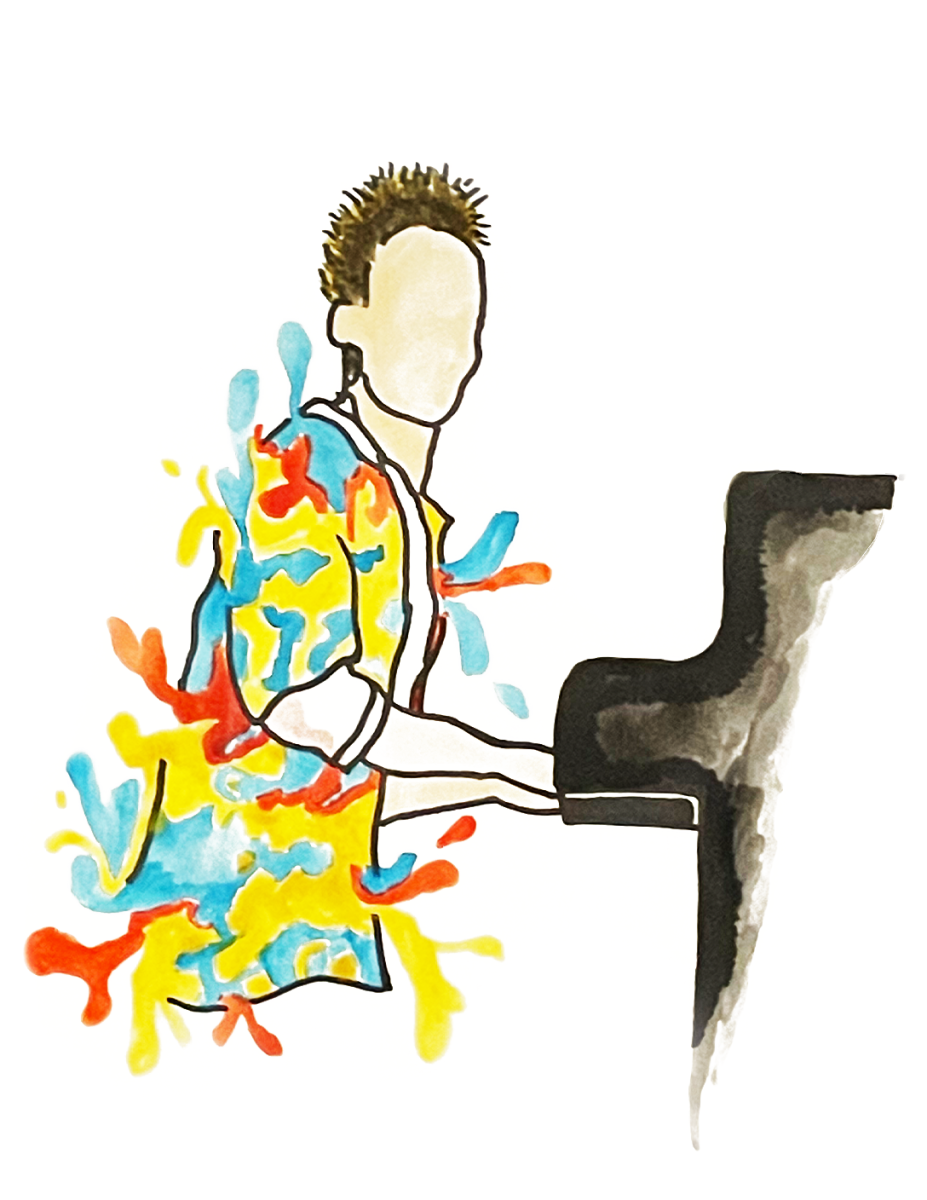Therapy Dogs Provide Comfort

January 26, 2021
According to the BBC, the human and canine relationship’s genesis dates back to between 20,000-40,000 years ago. Likely, the domestication first began with food given to wolves and later allowed the animals to do more challenging work for people.
When animals are present, they have numerous effects on us even if we do not notice the results. The animals we let into our homes assist in our mental state as well as physical and sociological. Animals can alter our processes of living. Some animals have this as their purpose, for example, certified-support animals. Some are domesticated animals that provide company, encouragement or support.
The psychological benefits of having an animal are stress relieving and comforting. Focusing on an animal can increase our way of handling stress in the future as well. Animals also aid in acting as a weight to their owner to ground them by forcing them to take care of the animal, which provides work and in turn, connection and a sense of purpose. “Simply petting an animal can decrease the level of the stress hormone cortisol and boost release of the neurotransmitter serotonin, resulting in lowered blood pressure and heart rate and, possibly, an elevated mood,” said Marwan Sabbagh, MD, Director of Cleveland Clinic’s Lou Ruvo Center for Brain Health. The psychological aspects of owning an animal are beneficial for someone struggling with mental health issues and other diseases.
The physiological benefits of having an animal are numerous and equally important. “If your pet is a dog, especially an active one that loves walking, it can yield a second, equally important benefit: physical exercise, which is also key to a brain-healthy lifestyle.” (Cleveland Clinic). Having and providing for a dog requires spending time outdoors, which encourages the owner to bond with the dog by being active. How an animal spends time with the owner is important as well. If a dog seems attached to its owner, the owner will be encouraged to continue spending more time with the animal.
Meg Olmert, author of “Made for Each Other: The Biology of the Human-Animal Bond,” a well-known author said, “There is a feedback system that is both neurochemically and psychologically and behaviorally that sets up between you and your pet. And how good you are to your pet is often exactly reflected back.” Animals provide owners with an increased sense of purpose and drive, which lets them have much more pleasurable social interactions, especially if it pertains to the pet.
Social interaction is also an essential component of owning an animal. Hart et al. (1987) and Eddy et al. (1988), for example, showed that the company of a service dog promoted friendly social attention, smiles, and conversation from others for persons in wheelchairs” (NCBI). Often, animals, when visit patients in hospitals they bring comfort and uplift patient’s spirits.
Latin teacher Rose Steeber often brings her therapy dog, Cicciu, to campus, and students enjoy having him around. Just having Cicciu in the room allows students to be more interactive and seem much calmer. “It helps to take care of a living thing, and it’s well being depends on me. The worries I have are taken care of when I care for him. Having to take him on walks not only gives him exercise but also gives me exercise and makes me socialize, and change my perspective.”
































